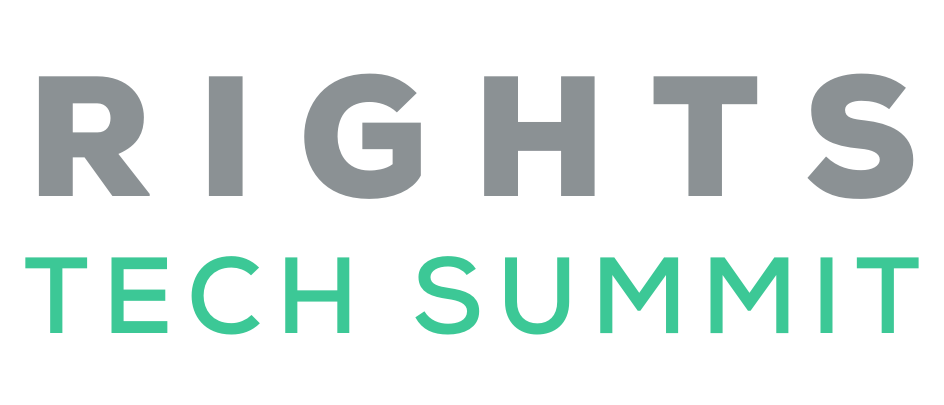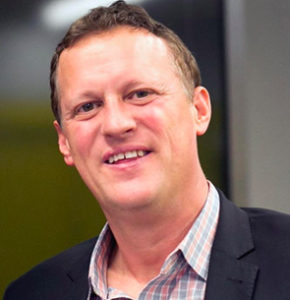

RightsTech: Europe is a partnership between the RightsTech Project and Frankfurter Buchmesse (Frankfurt Book Fair), the world’s largest book fair and rights marketplace. It brings together a unique mix of creators, media rights owners, technology developers, investors, legal professionals, and entrepreneurs from across the globe and from all corners of the media world to focus on technology innovation in media rights management and licensing. Located in Frankfurt, Germany, the home of the European Central Bank, RightsTech: Europe focuses on Europe’s leading role in driving rights management and monetization around the world.
2019 SPEAKERS INCLUDE
Céline Moille
Partner,
Yellaw
Yellaw
Jessica Sänger
Director for European and International Affairs,
Börsenverein des Deutschen Buchhandels, German Publishers and Booksellers Association
Börsenverein des Deutschen Buchhandels, German Publishers and Booksellers Association
Kirsten Sandberg
Editor-in-Chief,
Blockchain Research Institute
Blockchain Research Institute
Mario Pena
Product Manager,
Safe Creative
Safe Creative
Mark Isherwood
Secretariat,
Digital Data Exchange, LLC (DDEX)
Digital Data Exchange, LLC (DDEX)
Mick Hayes
Director of Product Management, ICE
Ned Sherman
Counsel/Director, Manatt Digital
Founder, Digital Media Wire
Founder, Digital Media Wire
Nermina Mumic
CEO, LEGITARY
Paul Jessop
Founder & Director,
County Analytics Ltd
County Analytics Ltd
Paul Sweeting
CEO,
Concurrent Media,Editor & Co-Chair,
RightsTech
Concurrent Media,Editor & Co-Chair,
RightsTech
Rana DiOrio
Co-Founder and CEO, Creative Mint, Inc
Sebastian Posth
Founder & Managing Director Posth Werk BV
Sylvain Piat
Director of Business,
CISAC
CISAC
Vaughn Mckenzie-Landell
CEO & Co-Founder,
JAAK
JAAK
Wolfgang Senges
Strategies, Innovation & Project Management, ContentSphere
2019 RIGHTSTECH EUROPE AGENDA
Day 1
09 Sep 2019
12:00 pm - 1:00 pm
1:00 pm-1:15 pm
Welcome & Opening Remarks
PRESENTERS: Paul Sweeting, CEO, Concurrent Media, Editor & Co-Chair, RightsTech Ned Sherman, Counsel/Director, Manatt Digital, Founder, Digital Media Wire
1:15 pm-2:00 pm
Toward A Global View Of Rights
Like most forms of commerce today, the business of buying, selling, and licensing of rights is increasingly a global enterprise. But global commerce requires global intelligence. What is needed to achieve a global view of rights? How are different sectors of the media industry addressing the challenge? How are those efforts progressing? PANELISTS: Mick Hayes, Director of Product Management, ICE Vaughn Mckenzie-Landell, CEO & Co-Founder, JAAK
2:00 pm-2:15 pm
2:15 pm-3:00 pm
The Enumerated Manuscript: Turning Names Into Numbers
Accurately and unambiguously identifying individual creative works and their attributes is critical to tracking their usage and availability on digital platforms. From metadata standards to globally unique identifiers, how are different media sectors meeting the challenge of turning ad hoc lists of names and titles into consistent, machine-readable code? PANELISTS: Mark Isherwood, DDEX Secretariat, Digital Data Exchange, LLC Paul Jessop, Founder & Director, County Analytics Ltd Sylvain Piat, Director of Business, CISAC
3:00 pm-3:30 pm
Break
3:30 pm-4:15 pm
What’s it Worth? Investing in Rights and Royalties
From securitized royalty streams to rights-tech M&A, rights an rights management are attracting growing interest from investors. What’s driving it? Which sectors are attracting capital? Can rights and royalties become a viable asset class? PANELISTS: Rana Diorio, Co-Founder & CEO, Creative Mint, Inc. Céline Moille, Partner, Yellaw
4:15 pm-4:45 pm
4:45 pm-5:30 pm
Follow the Money: Improving Transparency Into Usage Data, Earnings, and Royalty Payments for Copyrighted Works
The music business has its notorious “black box” money problem, but creators and licensors in many rights-based industries lack effective tools to track the money their works generate as it makes its way back upstream. This panel will examine how entrepreneurs, developers, artists and agents are using technology to bring greater transparency to measuring usage, calculating and tracking royalty payments, and reducing fraud. PANELISTS: Nermina Mumic, CEO, LEGITARY
5:30 pm-6:30 pm
Reception
Day 2
10 Sep 2019
9:15 am-10:00 am
Copyright In The Digital Market
Assessing the impact of the EU Copyright Directive, in Europe and beyond PANELISTS: Matthias Hornschuh, Composer, GEMA Board member Jessica Sänger, Director for European and International Affairs, Börsenverein des Deutschen Buchhandels, German Publishers and Booksellers Association
10:00 am - 10:30 am
10:30 am - 10:45 am
10:45 am - 11:15 am
Networking Break
11:15 am-12:00 pm
The Future Of Collective Rights Management
What is the future of collective rights management and CMOs in an era of multi-territorial licensing and growing demands for transparency and privacy? PANELISTS: Wolfgang Senges, Strategies, Innovation & Project Management, ContentSphere
12:00 pm-12:45 pm
Provenance, Authentication & Registration
From cloud computing to blockchain, technology is making it easier to register authorship and ownership, and to track the provenance and authenticity of creative works and collectibles. How and where are those capabilities being utilized? What is their impact on asset values and prices? PANELISTS: Mario Pena, Product Manager, Safe Creative
12:45 pm-2:00 pm
Lunch
2:00 pm-2:45 pm
Panel: Publishing On The Blockchain
Blockchain is a hot topic in the worlds of music, fine arts, and collectibles, but the publishing business has just begun to explore its possibilities. What could blockchain do for book and journal publishers? How could it impact authors? PANELISTS: Sebastian Posth, Posth Werk, BV Kirsten Sandberg, Editor-in-Chief, Blockchain Research Institute
2:45 pm - 3:00 pm
3:00 pm - 3:45 pm
Automated Licensing and Online Marketplaces
Global distribution platforms, user-generated content and new copyright rules are fueling a need for faster, more scalable systems for securing and clearing rights. How are rights holders responding? How much of the licensing process can be automated? What type of rights deals are most suitable to automation? What technological infrastructure is needed? Will blockchain be part of the answer?
3:45 pm - 4:00 pm
Networking Break
4:00 pm - 4:45 pm
Panel: Managing Open Access
From scholarly and scientific research to museum collectives and archives the open-access movement is transforming how many types of information is published and made available. But “open access” can mean different things in different contexts. How are publishers, institutions and organizations meeting the technical and legal challenges to managing the different flavors of open access?
4:45 pm-5:30 pm
What to Make Of Machine-Made Art
From painting to music and journalism works created all or in part by algorithm are increasingly entering the stream of commerce. But who (or what) is their author? Who is entitled to offer them for sale or license? Examining the increasingly urgent legal questions around machine-made art.
5:30 pm -6:30 pm
Closing Reception
Subscribe to our free weekly e-newsletter for the latest news and analysis on rights management, metadata, copyright reform, blockchain, A.I., licensing, deal-making, royalties and more.
RIGHTSTECH SUPPORTING PARTNERS INCLUDES
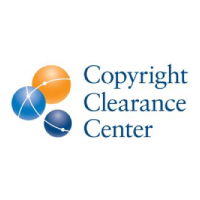 |
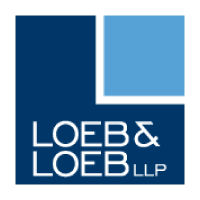 |
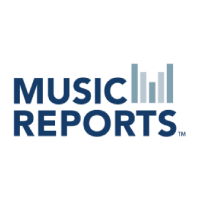 |
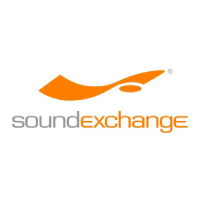 |
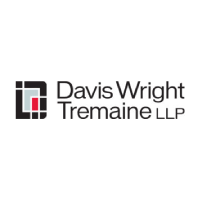 |
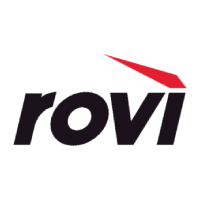 |
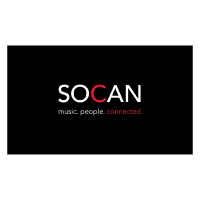 |
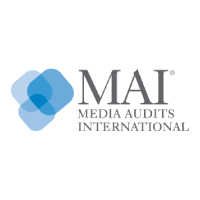 |
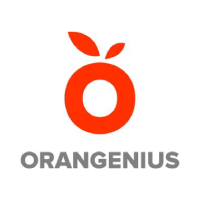 |
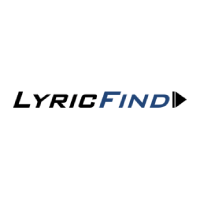 |
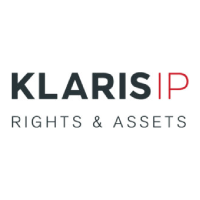 |
 |
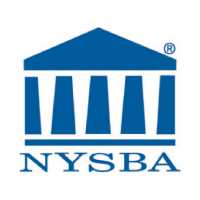 |
